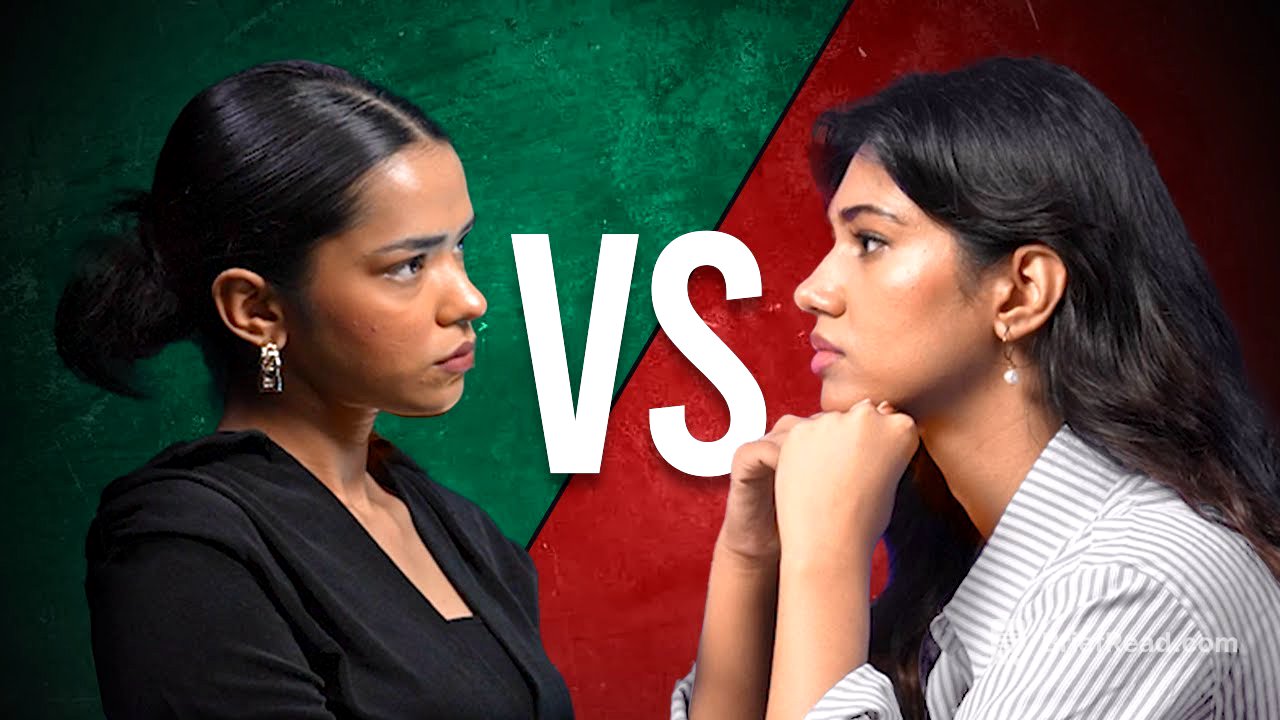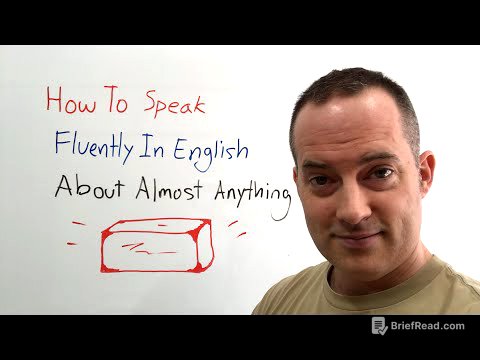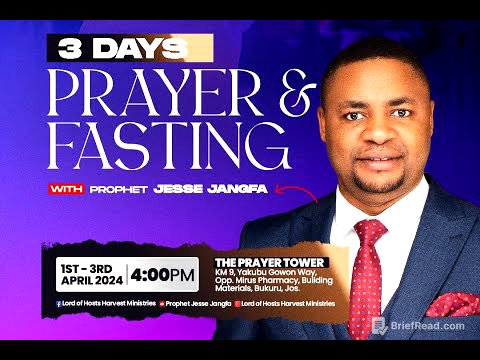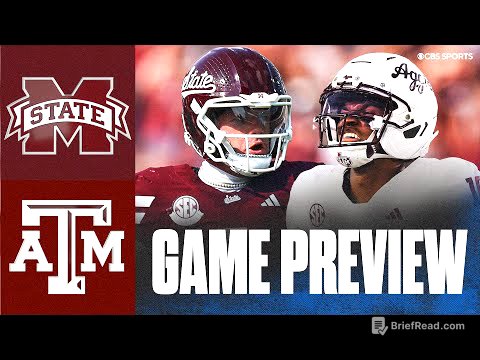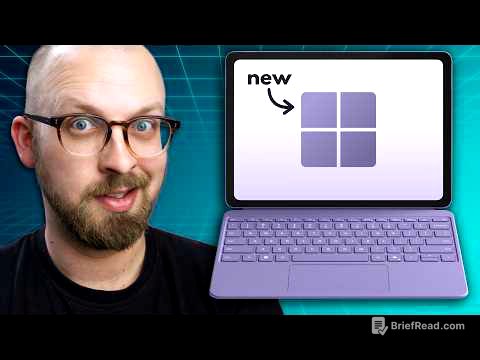TLDR;
This video showcases an engaging IELTS Advantage quiz featuring multiple rounds designed to test the participants' English language skills in various areas such as synonyms, native English expressions, vocabulary, idioms, and simplification of complex language. The quiz involves two teams competing against each other, earning points for correct answers, and provides viewers with valuable insights into improving their English proficiency.
- Synonyms challenge tests vocabulary and quick thinking.
- "Textbook vs. Native English" round focuses on natural language use.
- Vocabulary round assesses precise word choice.
- Emojis quiz tests understanding of common idioms.
- "Generation Alpha vs. Millennials" round explores modern slang.
- "The Very Round" challenges participants to replace "very" with stronger adjectives.
- Final round focuses on simplifying complex English.
Synonyms Quiz [0:11]
The first round is a synonyms quiz where the host says a word, and the first participant to buzz in with the correct synonym gets a point. The words used include "significant" (synonym: important), "modern" (synonym: new), and "improve" (looking for a verb). The round progresses through beginner, intermediate, and advanced levels, featuring words like "generate" (synonym: create), "substantial" (looking for considerable, significant, or notable), "feasible" and "intricate" (synonym: detailed).
Textbook vs Native English [3:02]
In this round, the host presents a textbook English phrase, and the participants must provide a more natural, native English equivalent. Examples include "I need to leave now" (native: "I got to go" or "I should get going"), "This makes me feel so angry" (native: "This pisses me off"), "I'm so tired" (native: "I'm dead"), "I agree with that" (native: "I second that" or "definitely" or "for sure"), "I understand your situation" (native: "I get you"), "That is not a problem" (native: "Don't even worry about it" or "no worries"), "I do not know" (native: "no idea"), "Are you available this weekend" (native: "Are you free this weekend"), "I have completed the task" (native: "I'm done"), and "This is quite challenging" (native: "That's tough").
Vocabulary Quiz [5:34]
This round focuses on vocabulary, where the host presents a sentence with two possible word choices, and the participants must select the correct one. Examples include choosing between "conclusive" and another word, "systematic" and another word, "confidential" and another word, "explicit" and another word, and "gradually" and another word.
Emojis Quiz [6:24]
In the Emojis quiz, participants must guess the idiom represented by a series of emojis. The idioms include "straight from the horse's mouth," "once in a blue moon," "apple of my eye," "kill two birds with one stone," and "don't put all your eggs in one basket."
Generation Alpha vs Millennials [7:57]
This round tests the Millennials' knowledge of Generation Alpha slang. The host presents a slang word, and the participants must guess its meaning or provide a Millennial synonym. The slang words include "Rizz" (meaning: charm or charisma), "slay" (meaning: to do something perfectly or very well), "yapping" (meaning: talking too much), "fit" (meaning: outfit), "hits different" (meaning: unique or in a league of its own), and "no cap" (meaning: no lie or all truth).
The Very Round [9:36]
In "The Very Round," the host provides an adjective preceded by "very," and the participants must offer a stronger, more descriptive alternative. Examples include "very strange" (alternative: bizarre), "very poor" (alternative: broke), "very rich" (alternative: wealthy), "very perfect" (alternative: flawless), "very scary" (alternative: frightening), "very happy" (alternative: elated), "very painful" (alternative: excruciating), "very clean" (alternative: spotless), "very funny" (alternative: hilarious), "very easy" (alternative: simple), and "very messy" (alternative: untidy, disheveled, cluttered, or disorganized).
IELTS English vs Normal English [10:57]
The final round involves translating overly complicated, formal English into everyday, normal English. Examples include "I would like to articulate my perspective regarding this significant matter" (normal: "I want to tell you something important" or "I want to share my thoughts on this"), "I'm of the opinion that this methodology is highly ineffective" (normal: "This just doesn't work" or "I don't think this is going to work"), "I would be tremendously grateful if you could provide me with assistance" (normal: "I'd be so happy if you help"), "I am experiencing considerable difficulty in comprehending this concept" (normal: "I find it difficult to understand"), "It is imperative that we implement immediate solutions" (normal: "We need to fix this right now" or "Let's simplify things"), "I have conducted extensive research into this matter" (normal: "I've looked into this a lot"), and "This phenomenon has resulted in numerous negative consequences" (normal: "This has caused a lot of problems"), "I would like to express my sincere gratitude for your assistance" (normal: "Thank you so much for your help").
